Parents say this one to kids all the time .
Sometimes it ’s another child at the playground , a friend at a birthday political party or a cousin-german at a family gather . Often , it ’s a sib . Your young child , who you know can be nub - meltingly sweet , gets disquieted about some flimsy — a miniature they wanted , a turn on the swings — and they snatch something from another tiddler ’s hands , or jostle or hit them .
“ No ! ” you yell , hot with plethora that your child would bear this way . You break away up to them , grab their hand , crouch down to look them in the eye . And then what ? You ca n’t undo the detriment they ’ve get , but you have to dosomething , right ?
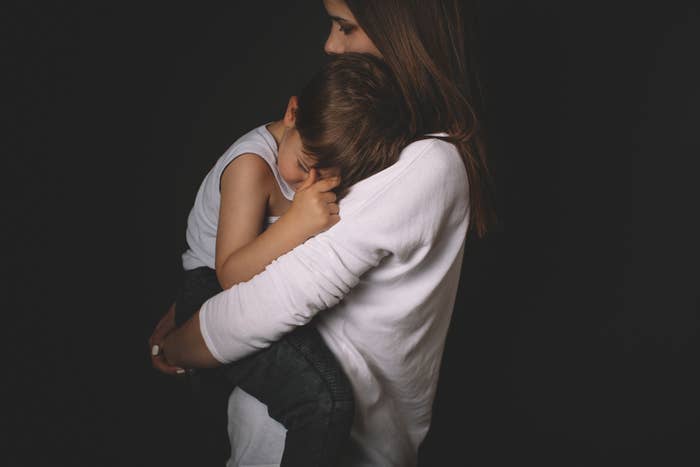
So you say what feels like the appropriate matter , likely the same phrasal idiom that your parents used with you when you misbehaved as a child : “ Go say you ’re pitiful . ”
It ’s a concrete thing for your minor to execute as a effect , but is this the best way to consider with the situation ?
The problem with forced apologies
In a recent Instagrampost , healer Deena Margolin of the “ toddler expert ” duo Big Little Feelings explain that the trouble with forced apologies is “ you ’re not in reality instruct them to feel sorry , to take ownership , to show compassion . ”
We ’ve all see small fry giving inauthentic apologies — perhaps mumbled with eyes to the primer coat or belted out in a mocking sing - song .
Sure , you could make a kidsaysorry — but can you make them feel it ?
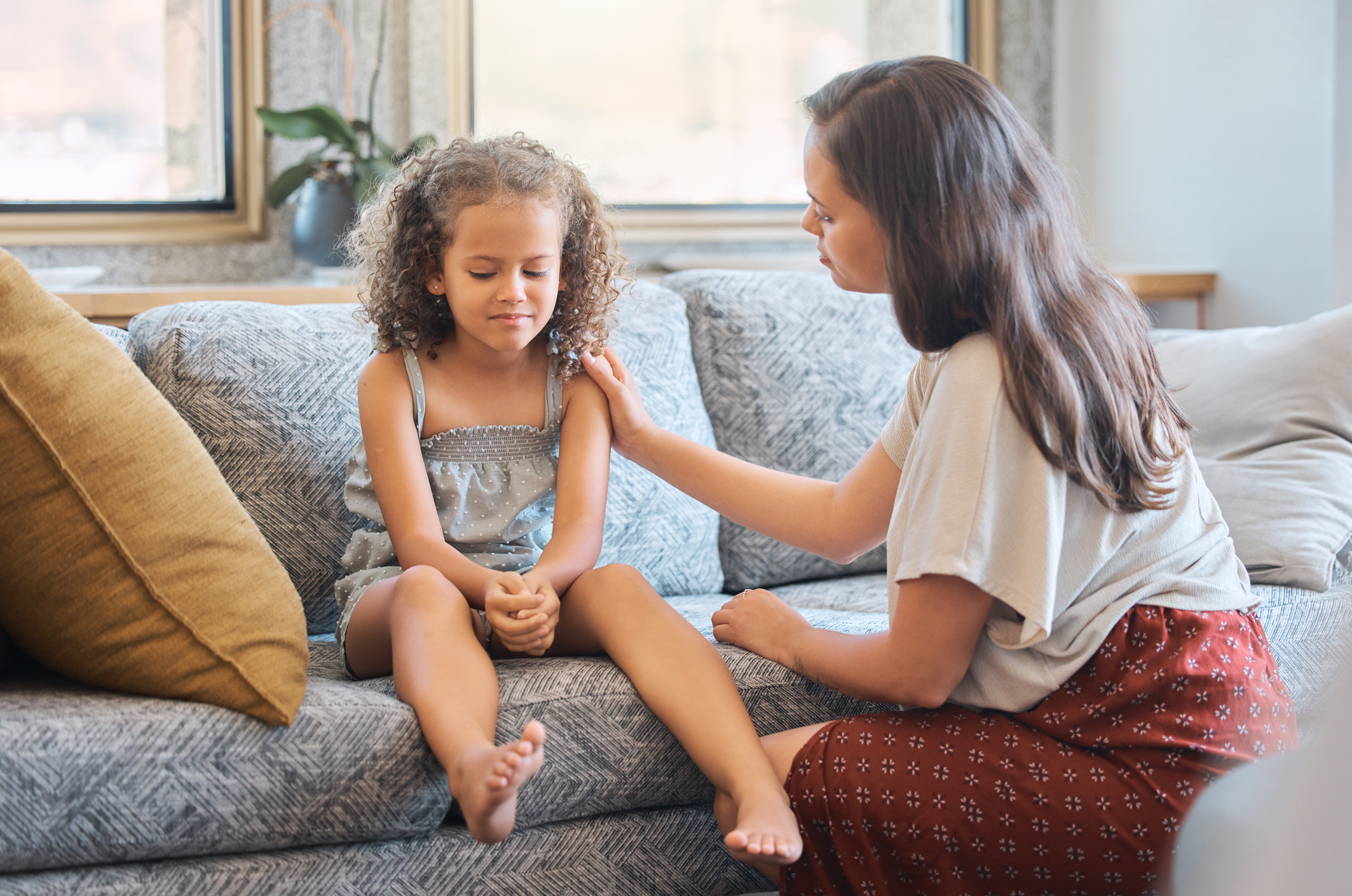
“ fry who are let off the hooking with a simple ‘ I ’m dingy , ’ essentially get a loose pass,”Suzanne Barchers , chairman of the education advisory display panel for ed - technical school company LingoKids , told HuffPost .
“ Often , they are n’t sorry — with an altercation that involved remove or taking a toy or being ‘ sassy , ’ the deleterious act is often calculated and perhaps a morsel satisfying to the culprit . ”
If your child seems to get some use from what they ’ve done , and/or their false excuse , do n’t worry that there ’s something wrong with them . Like most kids , they ’re still figuring out what it mean to see things from another person ’s view , and affect them wo n’t help .
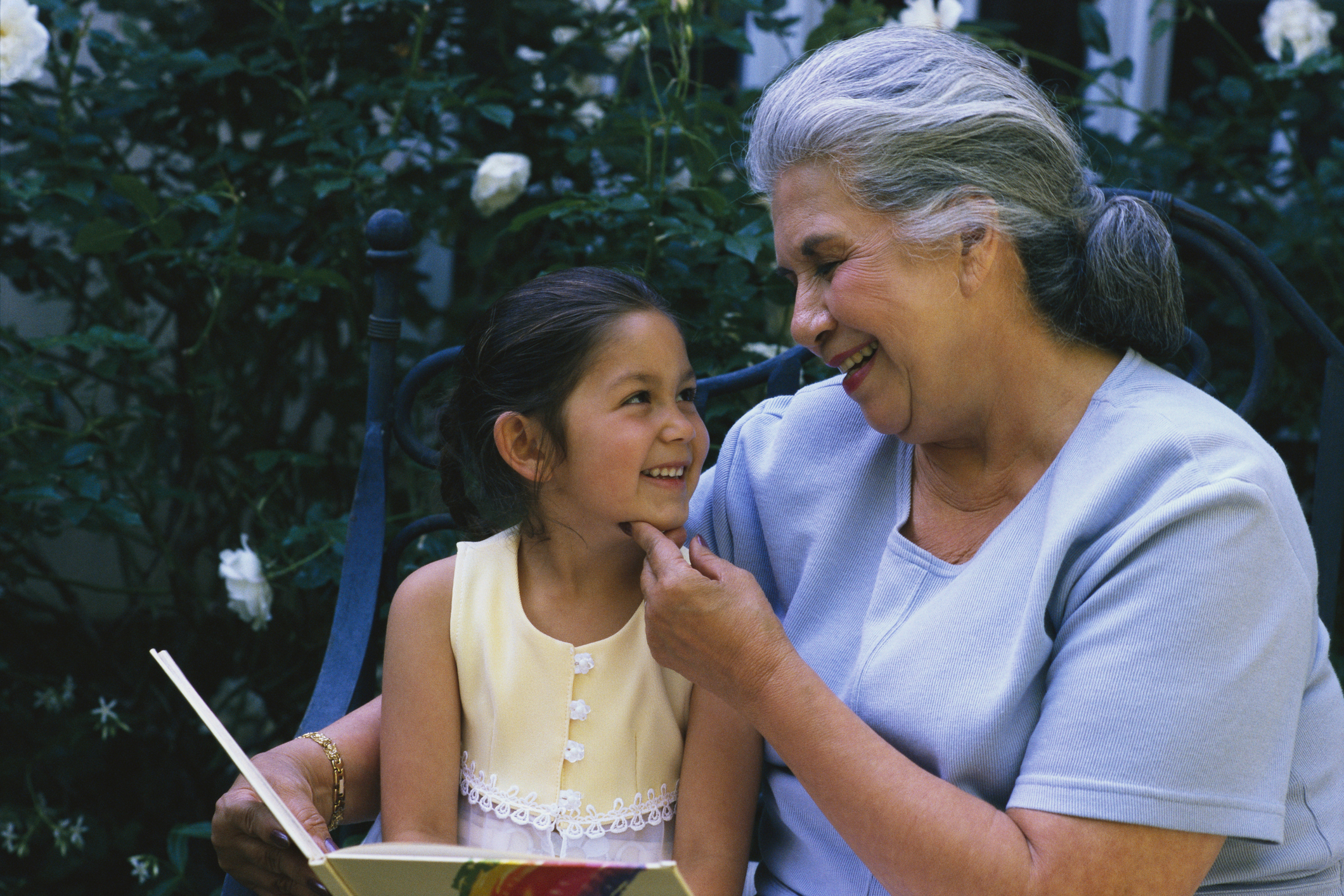
In an e-mail , Margolin and parent coach Kristin Gallant , the other one-half of Big Little Feelings , recount HuffPost : “ storm apologies can leave alone your child feeling ashamed — like they ’re a ‘ bad fry . ’ Here ’s the matter : these feelingstotallyinhibit any real erudition and rise ! ”
They also do n’t insure that your child will arrive at an apologia on their own the next time .
“ Forcing an apology is quick and leisurely . However , it does n’t get at the underlying issue , ” Barchers articulate .
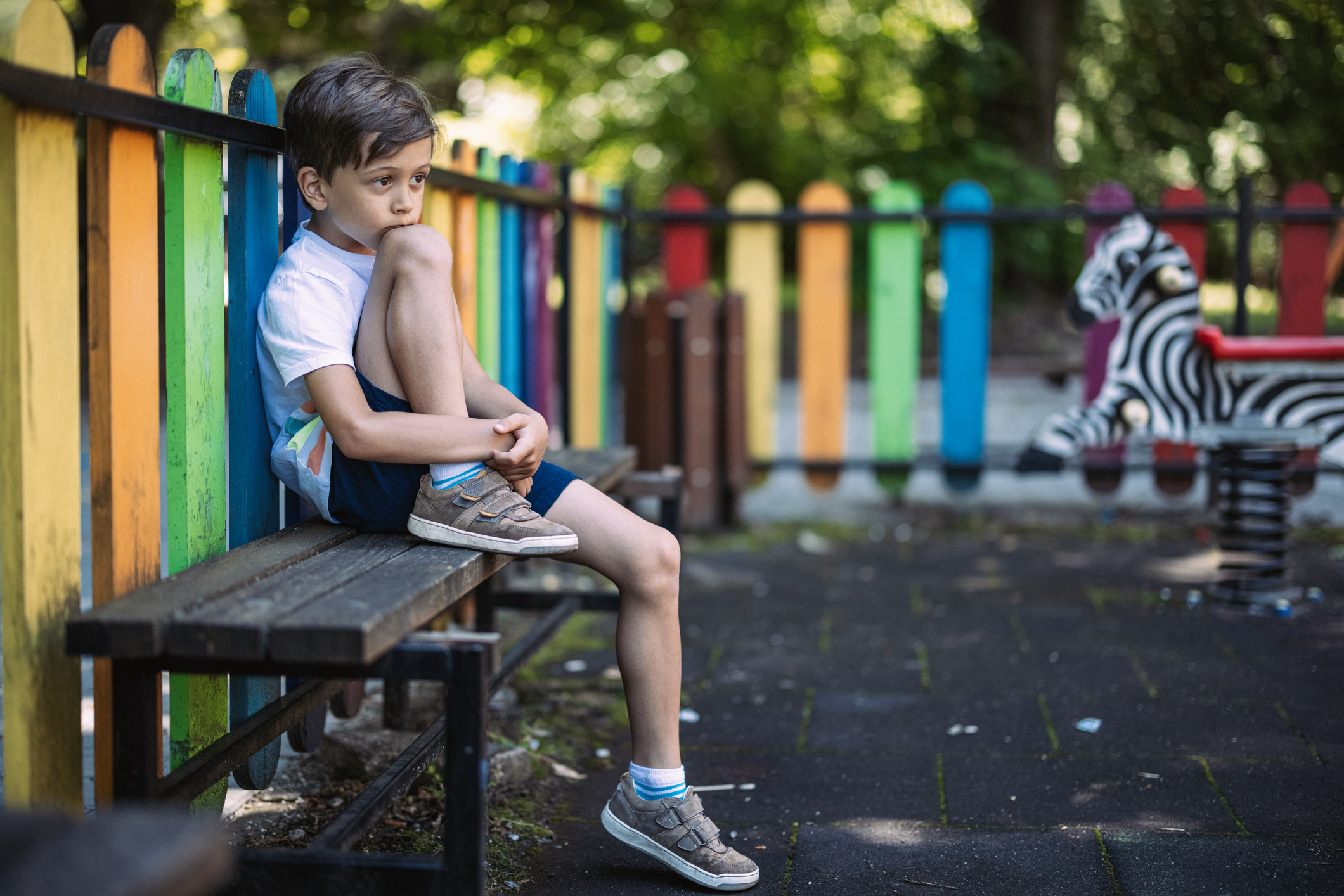
How to help kids feel empathy and genuinely apologize
If you want your child to experience sorry for what they ’ve done so that their apology rings true , Margolin and Gallant advise you try something along these lines :
“ She ’s crying right now . How do you think she feels?”(Pause to give your child time to respond.)“Yeah . Really upset . Hitting is never ok . have ’s go over and see how we can help her feel in effect and say sorry . ”
Note that the ‘ sorry ’ is in there , but not without some foundation to make it really look .
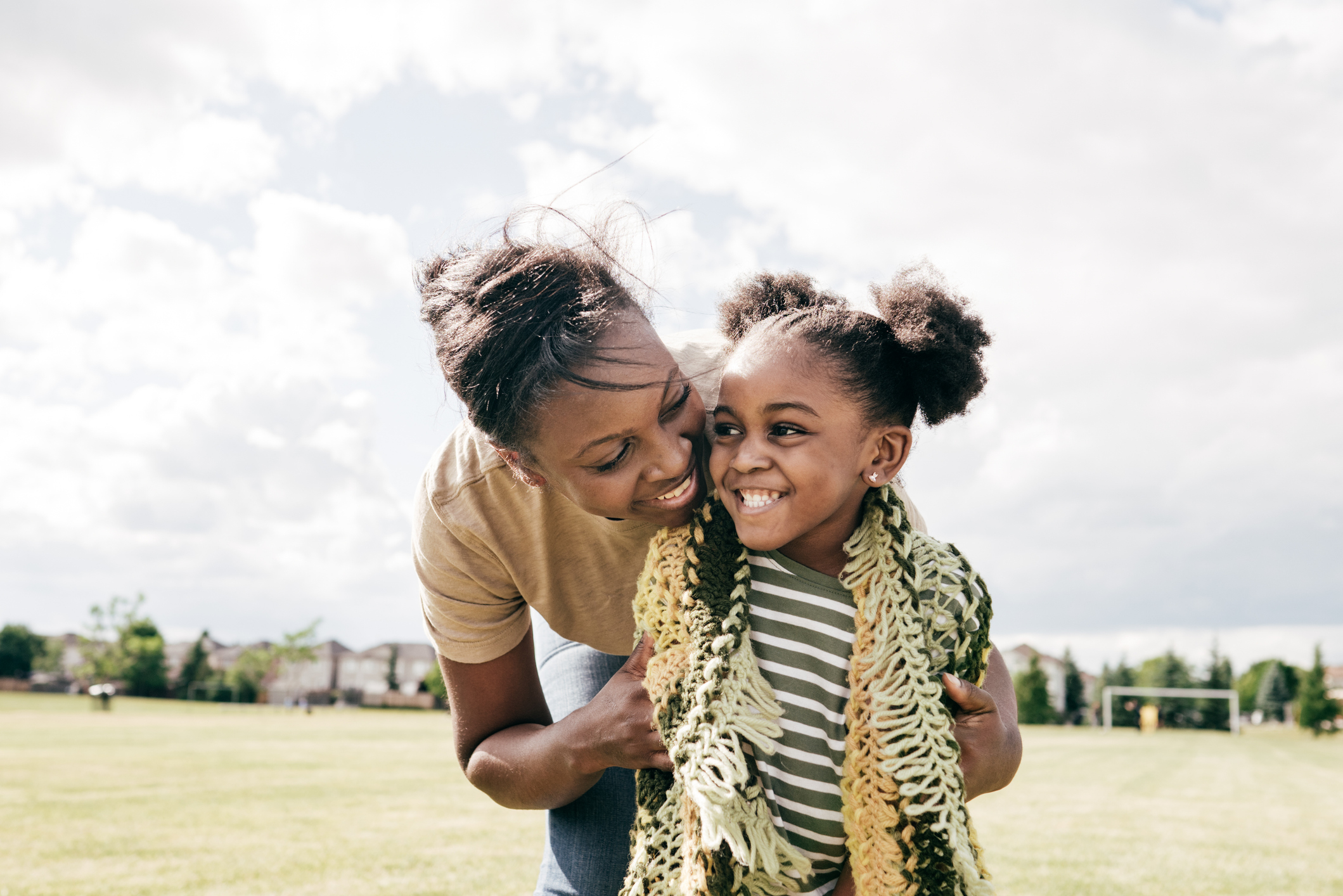
Your minor might not be capable to see the other child ’s linear perspective the right way away . Do n’t concern about this too much , either , Barchers said . “ Asking the child to identify the other child ’s point of view is difficult because child are very egocentric for many year . ”
You may have to give your child extra prompts , such as noticing that the other tyke is crying , or asking how your kid would feel if someone hit them .
This way , when you approach the youngster who was hurt , your child will understand what it “ feels like to take ownership of your actions and compassionately apologize , ” Margolin and Gallant said .
Barchers added that you should “ promote the nipper to expand ” beyond the give-and-take disconsolate , as in : “ I am so drear . I should have asked if we could take turns , ” or “ I am so no-count . Can we speak about why I got so frustrated that I yelled at you ? ”
If your child is little , or loth to speak , you could pattern what a real excuse sounds like . Margolin and Gallant suggested that you say something like : “ Are you okay ? I see you ’re feeling really upset . We ’re dreary . hit is never all right . Is there anything we can do to help you feel better ? ”
Understandably , you may also want to excuse on your child ’s behalf . This is okay , Barchers state , as long as it come in addition to , not rather of , your child ’s own excuse . “ apologize on behalf of your baby to the other misses a learning chance for your small fry . And it takes your child off the bait , show that they do n’t have to take obligation for misbehavior . ”
If there was a battle between the two child , such as over a toy dog or whose turn it was , this could also be a moment for you to demand the children how they could ’ve manage the situation otherwise .
Your example teach them how to cover such situations . “ One daylight , your voice will become your shaver ’s inner vocalisation , ” said Margolin and Gallant .
This include times that you need to apologize to them . Perhaps you suffer your coolheaded and shouted , or did n’t give them attention because you were distracted by something else .
To make your apologia count , you need to go beyond “ I ’m dingy . ”
“ Putting the excuse in context give it more meaning , ” Barchers said . She gave the followers example:“I’m sorry I could n’t fiddle a game with you . I truly did n’t have fourth dimension . I have an idea for tomorrow . I would like you to avail me with the laundry . Then we would have meter for the secret plan . ”
Margolin and Gallant offer up another:“I’m so distressing that I yelled at you . That credibly made you feel really frightened . That probably made you feel really sad . I ’m really dreary — you do n’t deserve that . I ’m going to work on not shout when I have an broken feel . I sleep with you . You did n’t do anything wrong . ”Note that here , you are acknowledge your child ’s feelings and validating them .
When your child is apologizing to you ( or a sibling ) , it often makes sense to talk about the underlying issue and how to prevent it in addition to the apologia . Barchers gave the following example:“I accept your apology . However , I desire you to say me how you are croak to avoid forgetting to lead your shoes in the means because this is n’t the first time I ’ve tripped over them . Let ’s figure out a plan . ”
Finally , there are some mistakes that even a earnest apology ca n’t smooth over . Barchers recalled , “ My Logos want to hold a kin heirloom — my great grandfather ’s sac vigil . It was on display on a ledge . I tell him he could keep it but not spiel with it . after he was roller skating — with the watch in his hired hand — and he dropped it . ”
The watch was irreparably damage , she state . “ I was furious . We had a long discussion about how some things ca n’t be undone — disconsolate does n’t work . I had to learn to forgive him , but he had to exercise to realize he had profoundly disappointed me . ”
This conversation , as unmanageable as it was , still could n’t address the situation — but that does n’t mean their talk was without value , Barchers said . “ As I conceive back , he never did something so foolhardy again , so perhaps it was useful . ”This article earlier appear onHuffPost .